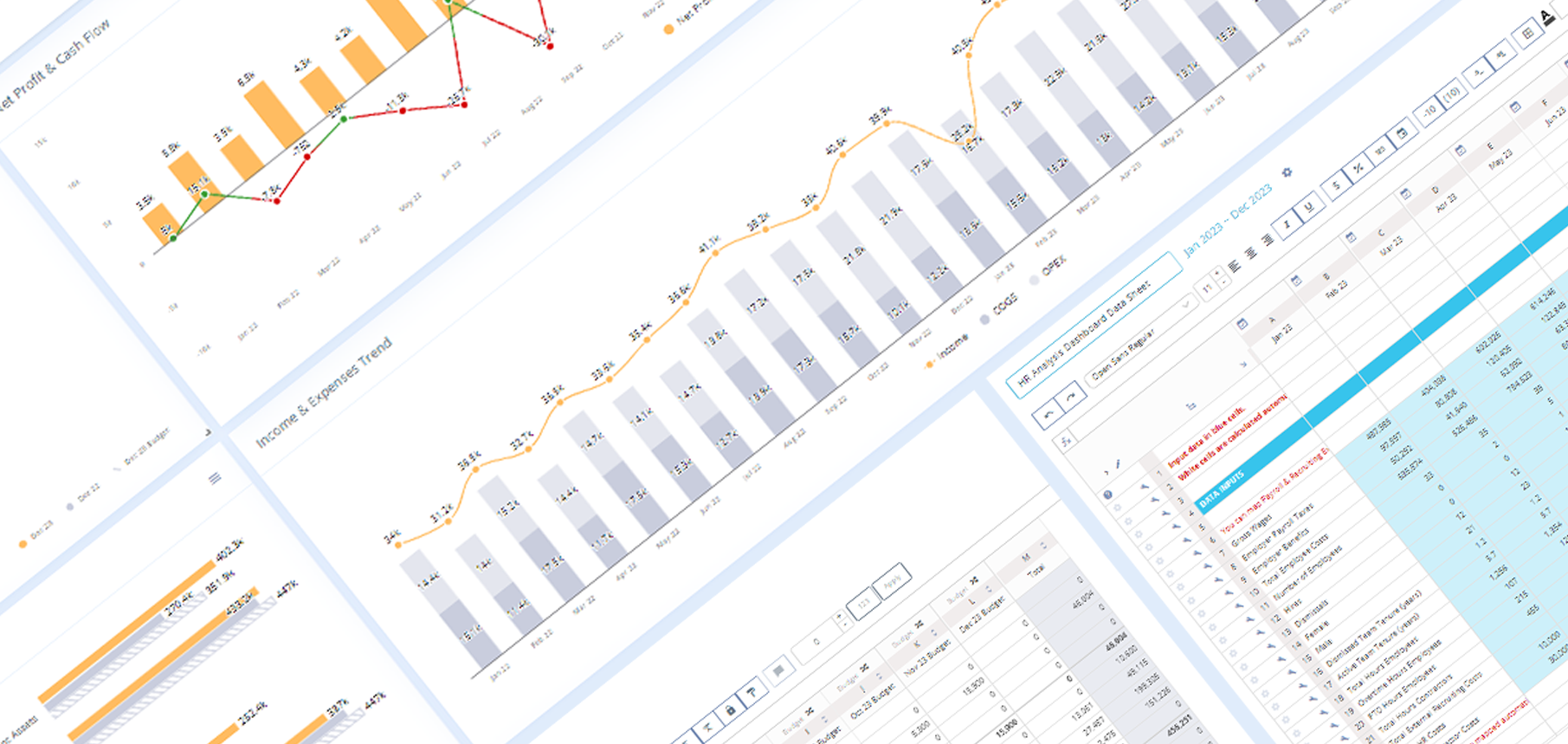As traditional accounting firms are pivoting towards advisory services or entirely shifting away from tax, technology becomes pivotal. This post delves into eight crucial elements of a technology stack for Client Accounting and Advisory Services (CAAS) firms, emphasizing how these tools streamline operations and augment digital presence, a critical factor in attracting and retaining clients in the digital age.
The tech stack is meant to aid in operational efficiency, advisory services, staff retention, and client experience. Though this list is not comprehensive, these items are a starting point for building powerful and efficient technology solutions.
8 Core Elements of a Tech Stack
- Dynamic Website: Ensure the firm’s website is searchable, mobile-friendly, and offers educational content. Developing a simple lead form is ideal for firms that drive traffic to their site to convert leads. A blog section offering insightful content on financial management can position the firm as an industry thought leader, enhancing organic search visibility and user engagement.
- Team-oriented Work Tools: Utilize cloud-based tools like Microsoft Office 365 or Google Workspace for document collaboration.
- Team Collaboration Tools: Implement platforms like Slack, Microsoft Teams, and Zoom for secure and efficient communication.
- Cloud Storage: Use Google Drive or Microsoft OneDrive for storing non-transactional financial documents.
- Accounting Platform: Integrate a cloud-based accounting software like QuickBooks Online or Xero.
- Proposal Creation and Digital Signature Apps: Streamline the proposal process with tools like Proposify, Proposable, or Corvee (for client requests).
- Integrated Apps for Payroll, Accounts Payable/Receivable, Receipt Management, and Expense Reimbursement: Utilize solutions like ADP Payroll, Bill Spend & Expense, Dext, and Expensify.
- Advisory Tools: You can have financial reporting, dashboards, budgeting, and forecasting all in one place with our tool, Reach Reporting. For a more basic experience, our competitors, Fathom HQ and Syft Analytics, also have solutions.
Transforming Client Accounting and Advisory Services with Tech
Understanding CAAS
Recognize CAAS as a combination of accounting and advisory services, emphasizing the importance of using data to identify and fill client service gaps. Your clients are busy running their businesses and typically wearing many hats. There is a huge opportunity for you to step in and become their financial hero. For a terrific interview with one of the best in CAAS, check out this Expert Series video with Ben Cooper of Amplify.
Creating a Digital Workflow
Develop an end-to-end digital workflow considering the firm’s best business model, ideal clients, and service delivery methods. This includes cloud-based accounting technology, password management solutions, digital document gathering, and report management tools that are easily digestible for clients.
Determining Technology Costs
Decide who will cover technology costs – either bundling them into fixed fees or having clients pay separately. Each option has advantages depending on the firm’s business model and client relationships. Transparency is key.
Using Data Proactively
Shift from reactive to proactive advisory services using data effectively. This involves creating an ideal client profile for each client type and measuring their current status against this ideal. It allows the firm to provide necessary advisory services based on real-time data.
Letting the Tech Stack Work
Leverage the tech stack to manage data efficiently and become a trusted advisor for clients. This includes using cloud-based tools to handle accounting and setting up systems to offer advisory services proactively.
Bringing It All Together
By implementing a modern tech stack and transforming CAAS, accounting firms can achieve automated workflows, seamless collaboration, virtual work options, and enhanced client services. Integrating technology effectively at every level, from operations to client interactions, ensures a smooth, data-driven approach to accounting and advisory services.

